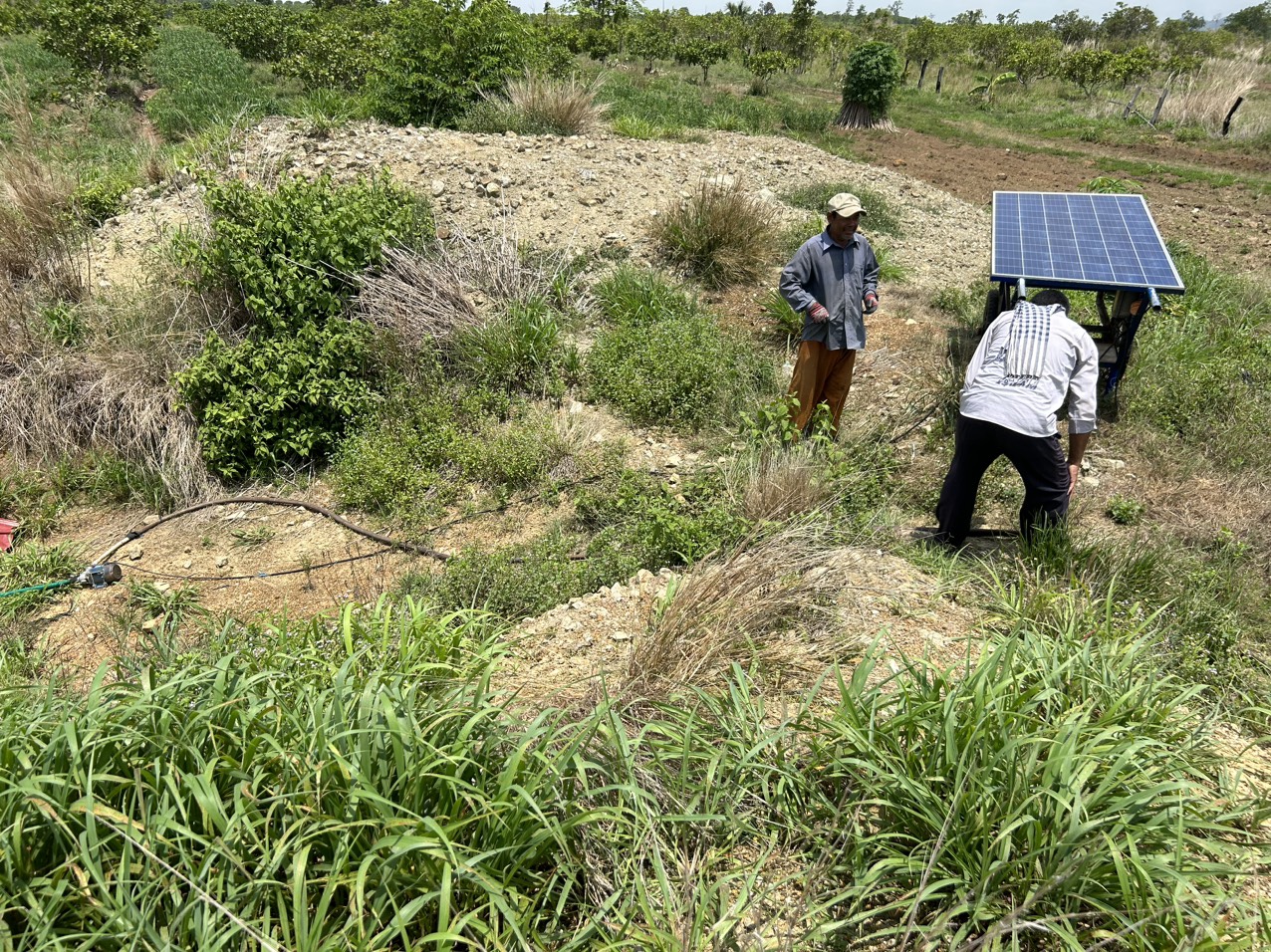Projects
Building on a deep knowledge of our industry, we deliver intelligent insights and practical solutions.
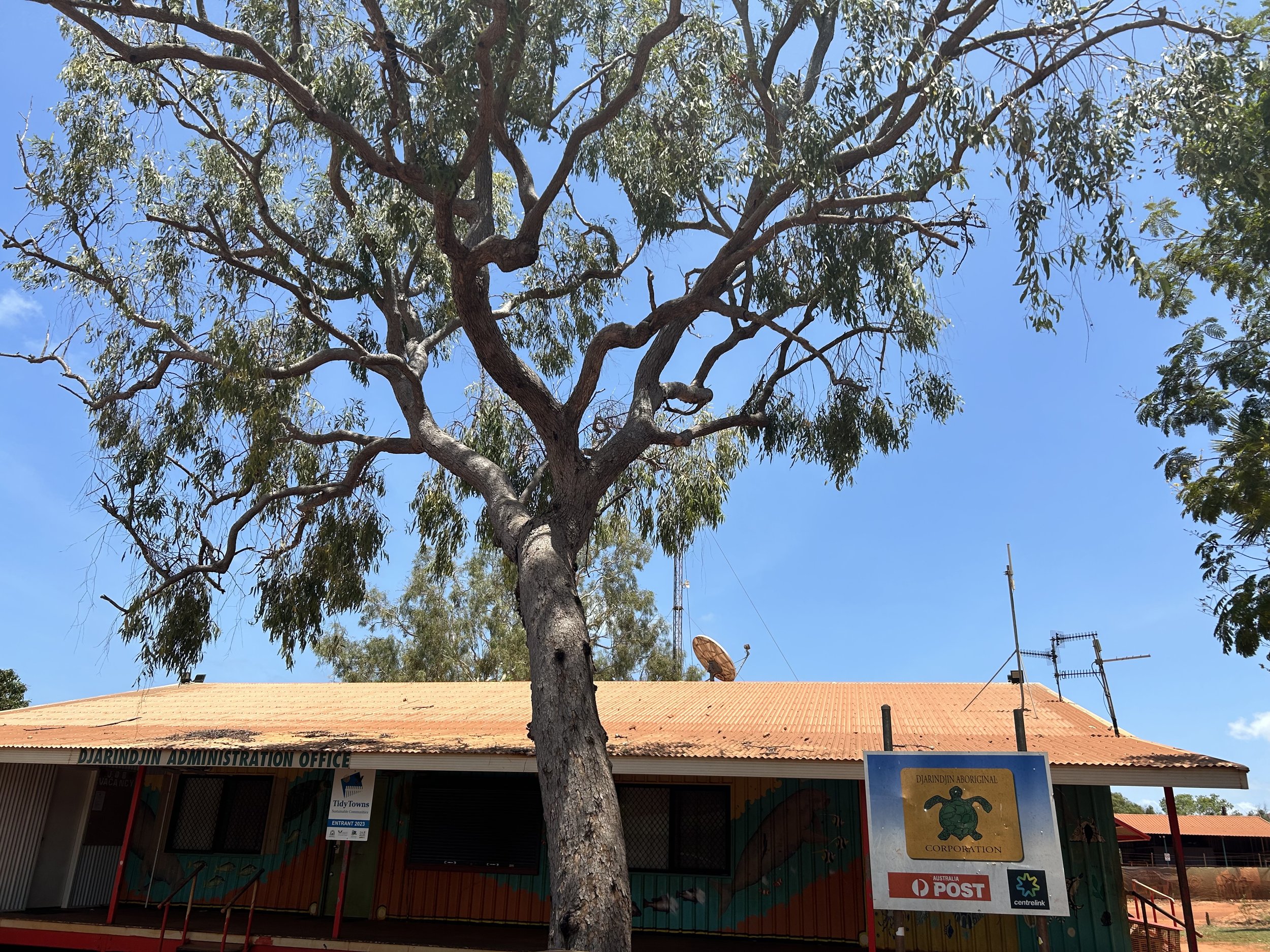
Aalga Goolil – Indigenous owned power station for Djarindjin and Lombadina communities
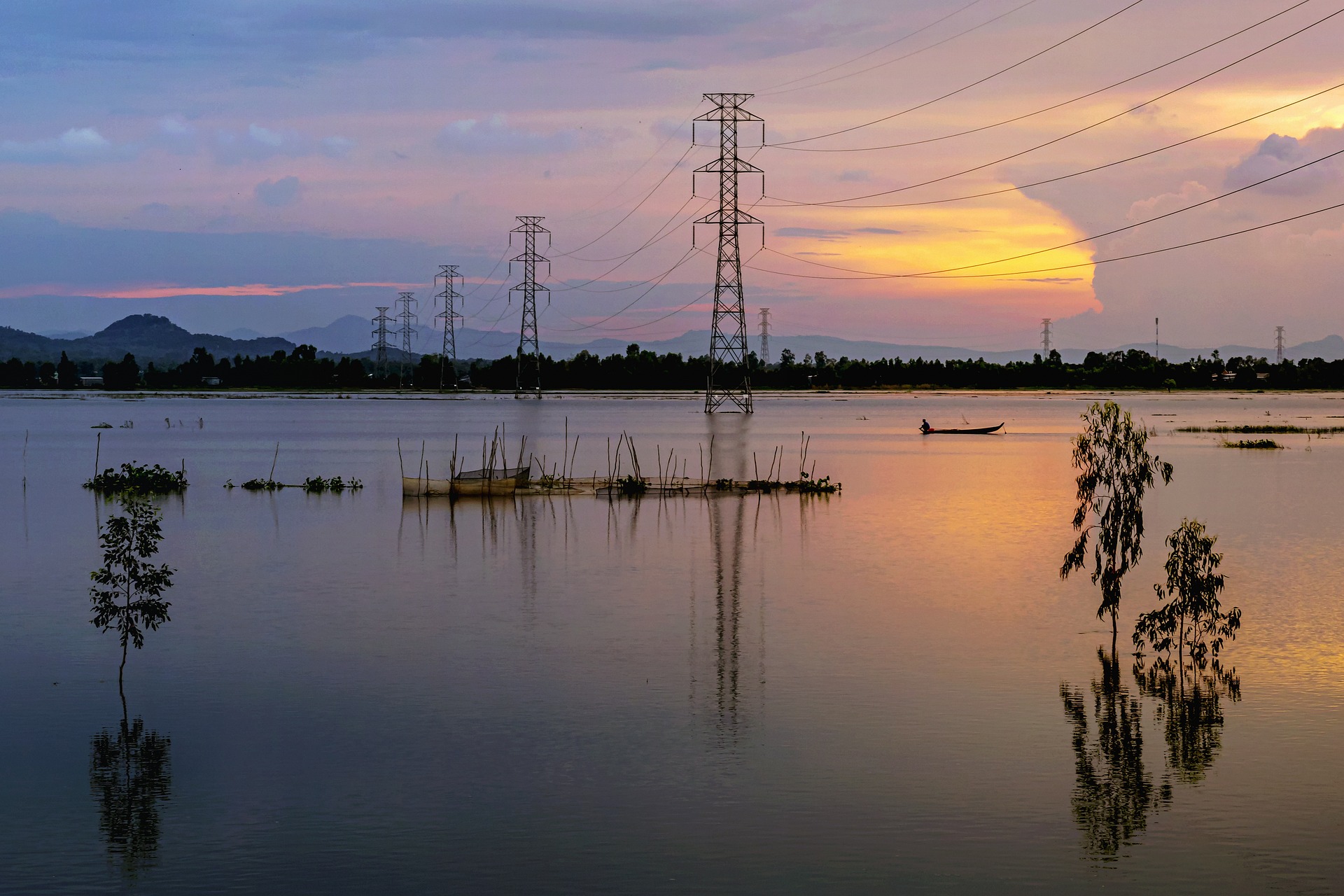
Pathways to Sustainable and Just Transformation of the Mekong Region’s Electricity sector
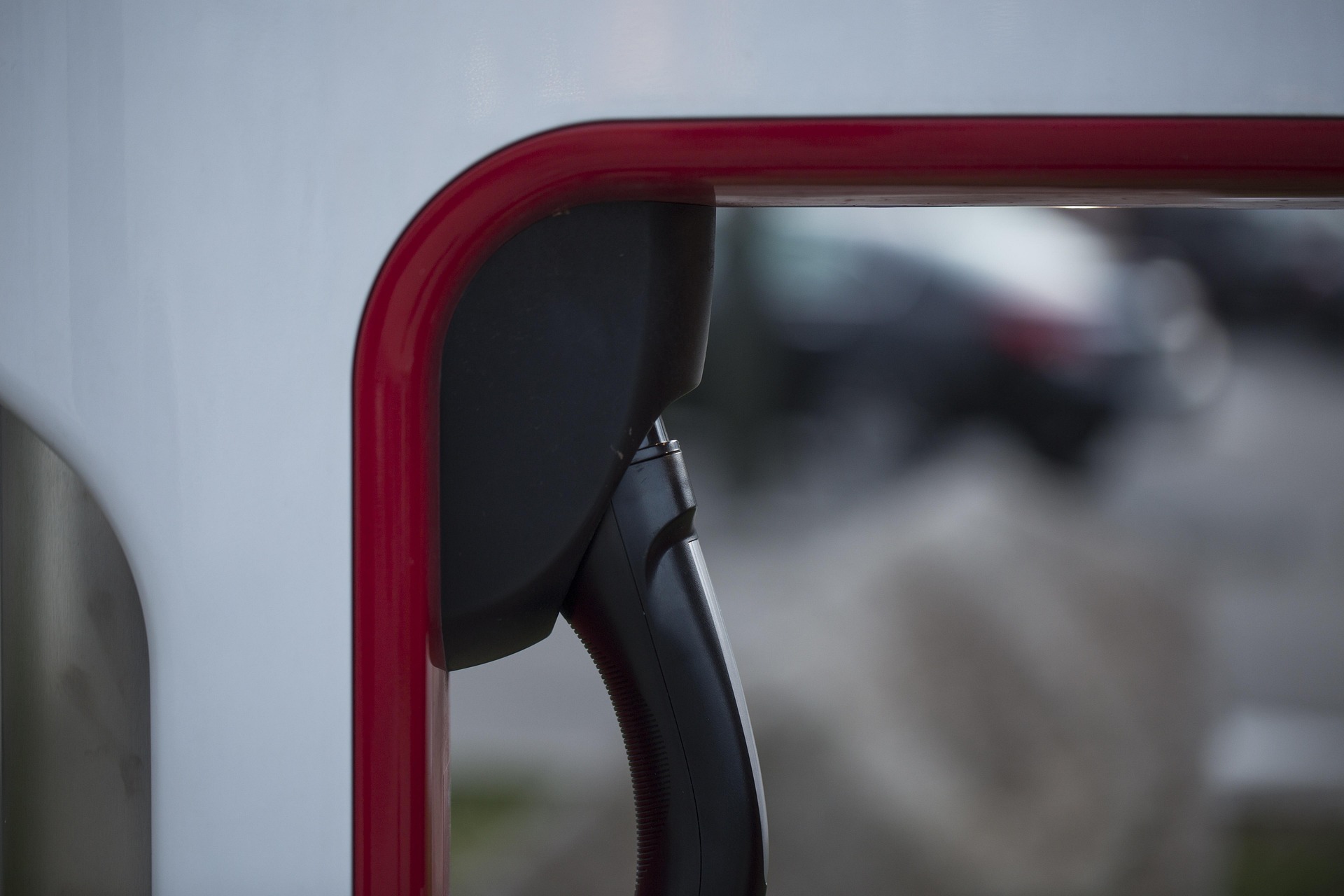
The Political Economy of the Energy-E-Mobility Nexus in Vietnam
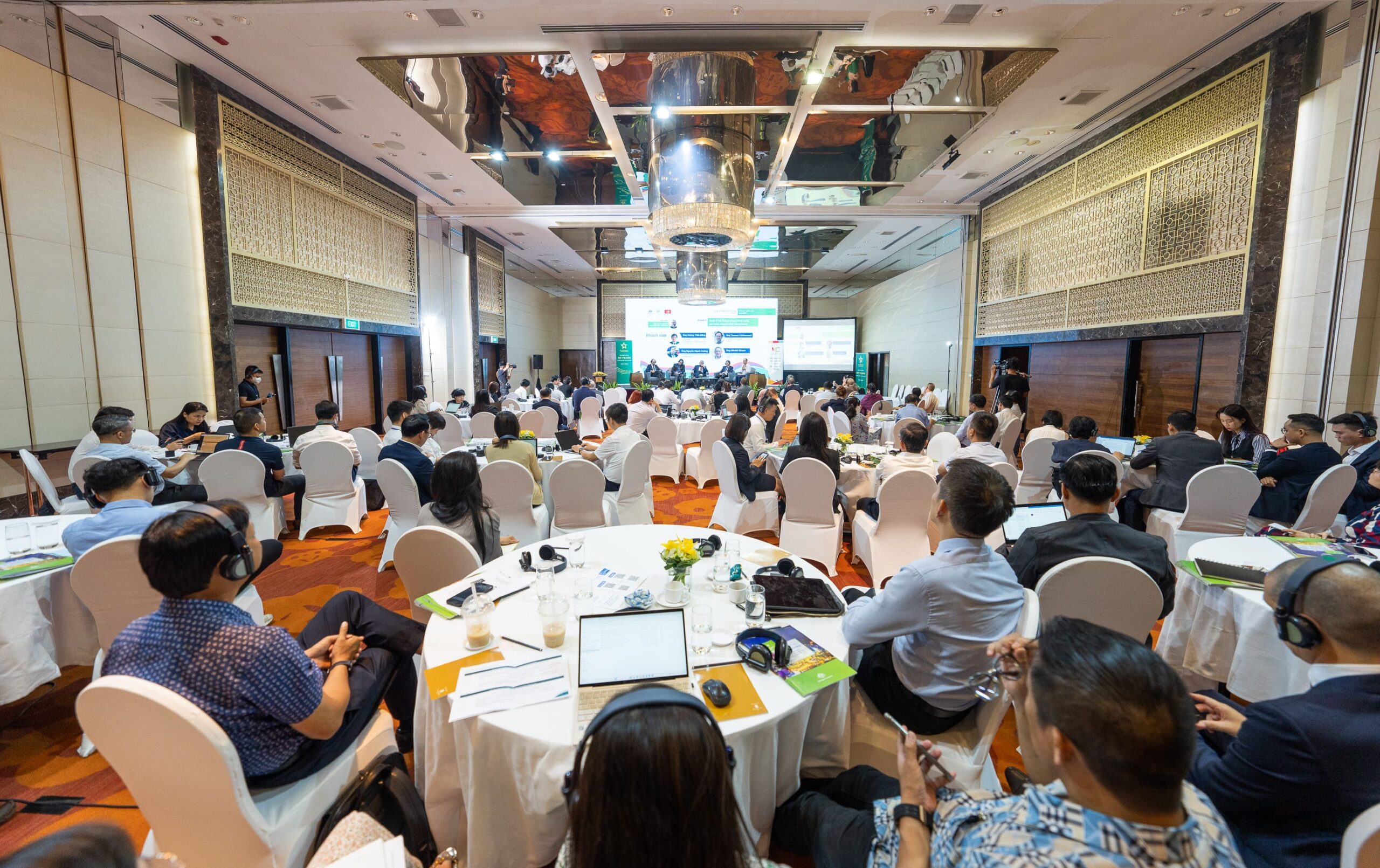
Future of Electricity – Vietnam
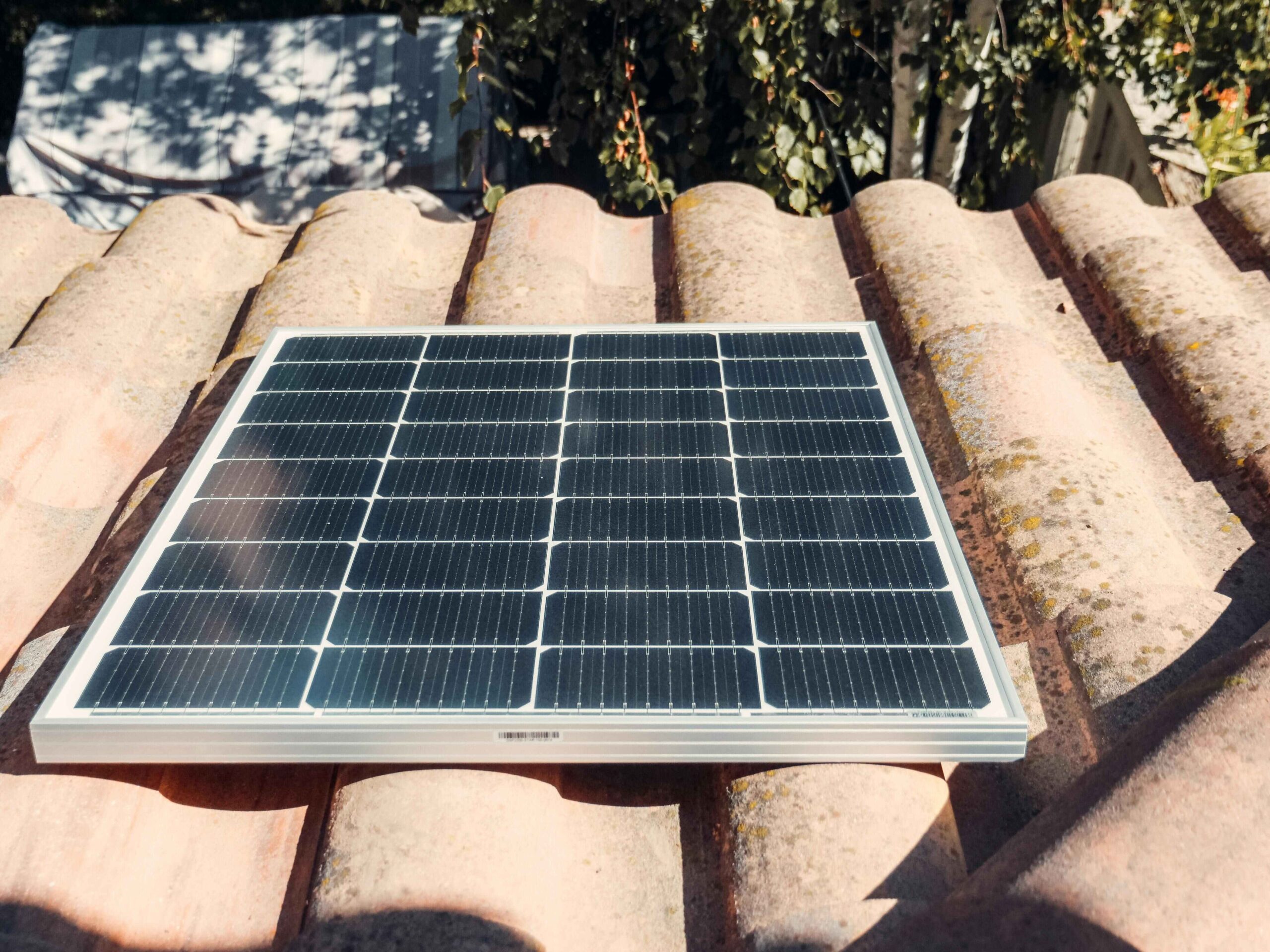
CORE-KIT – Community Renewable Energy Knowledge Integration Tool
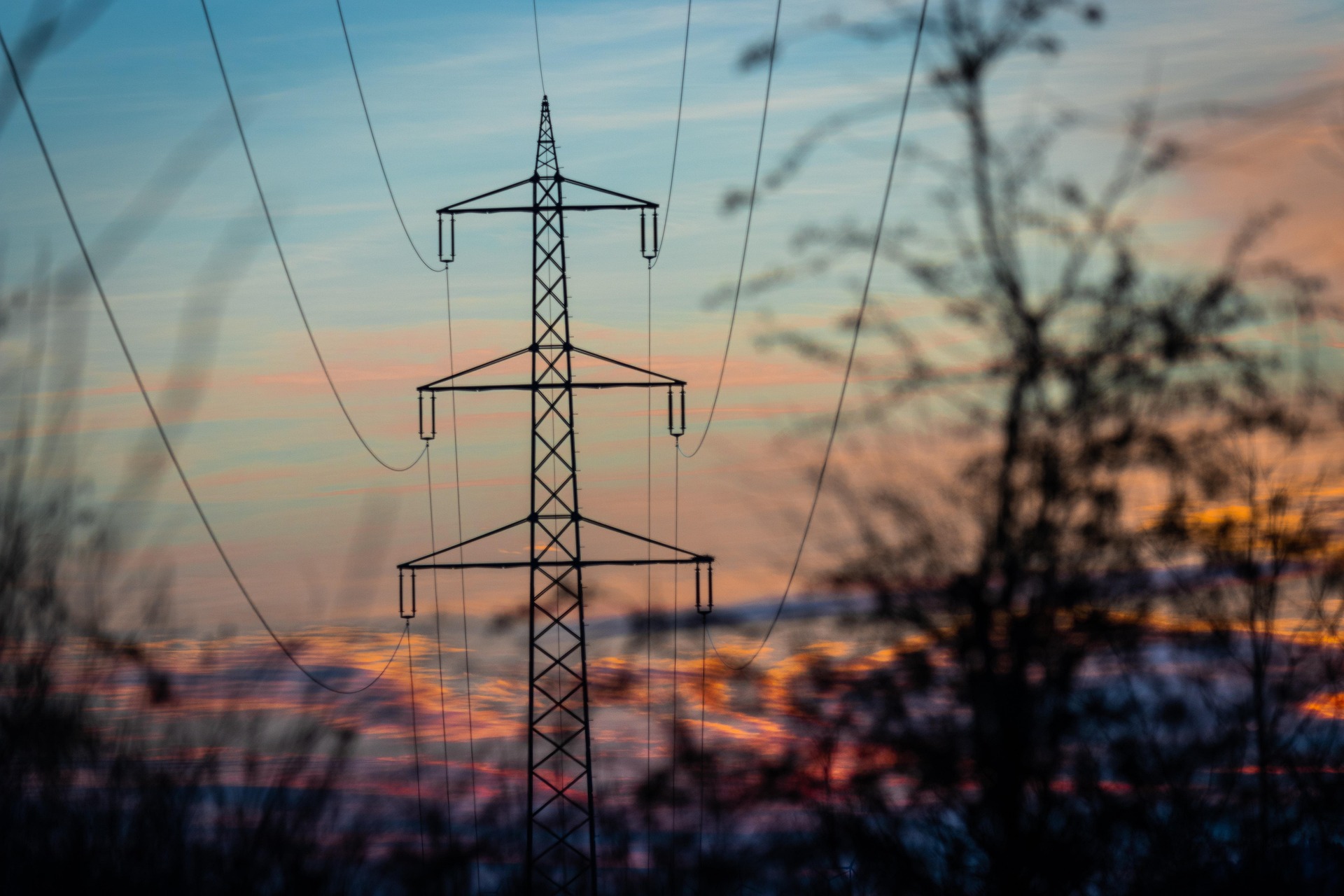
Southeast Asian Energy Transition Partnership (ETP) Roundtables
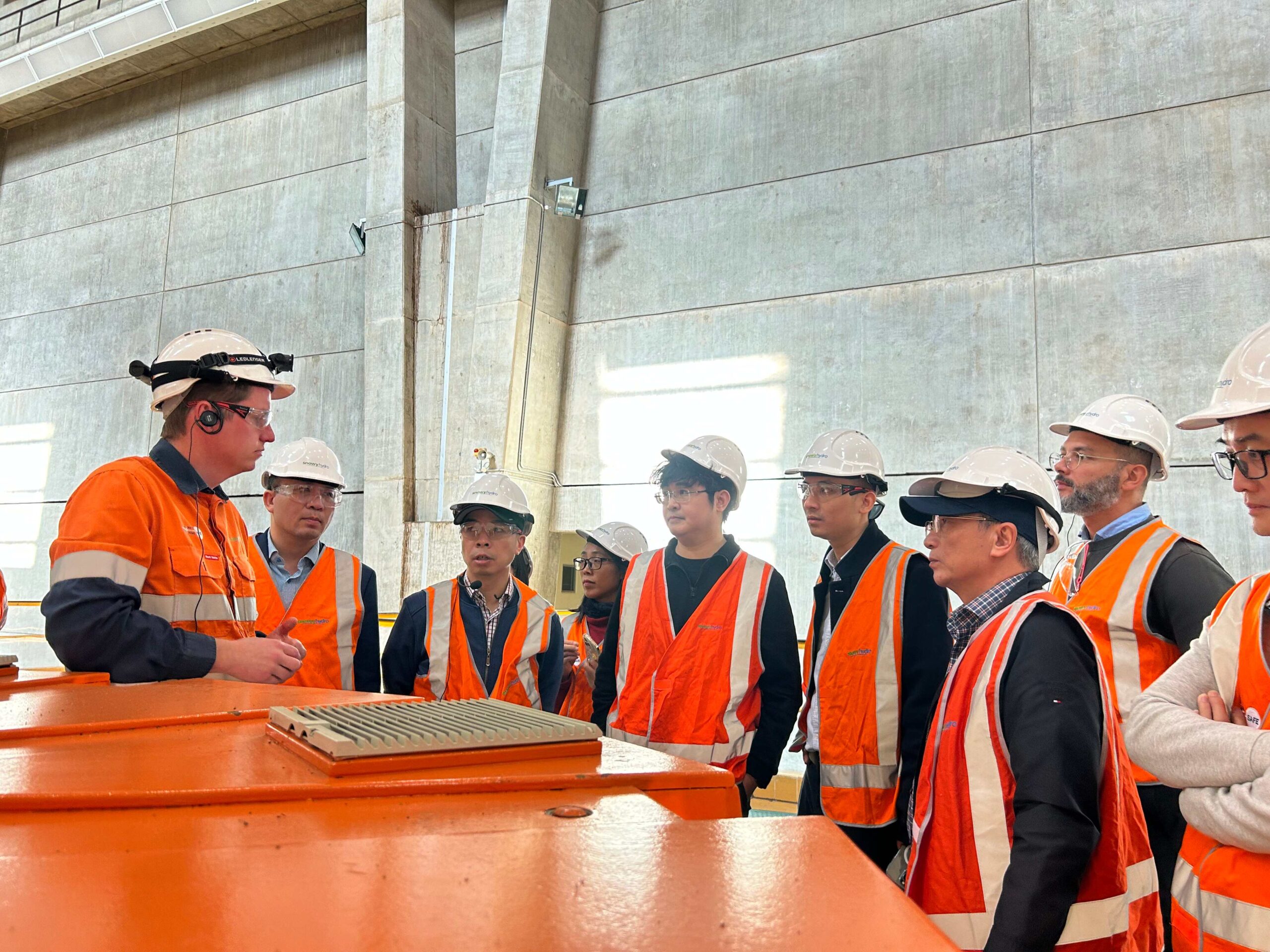
Study tour on Electricity Market Reform
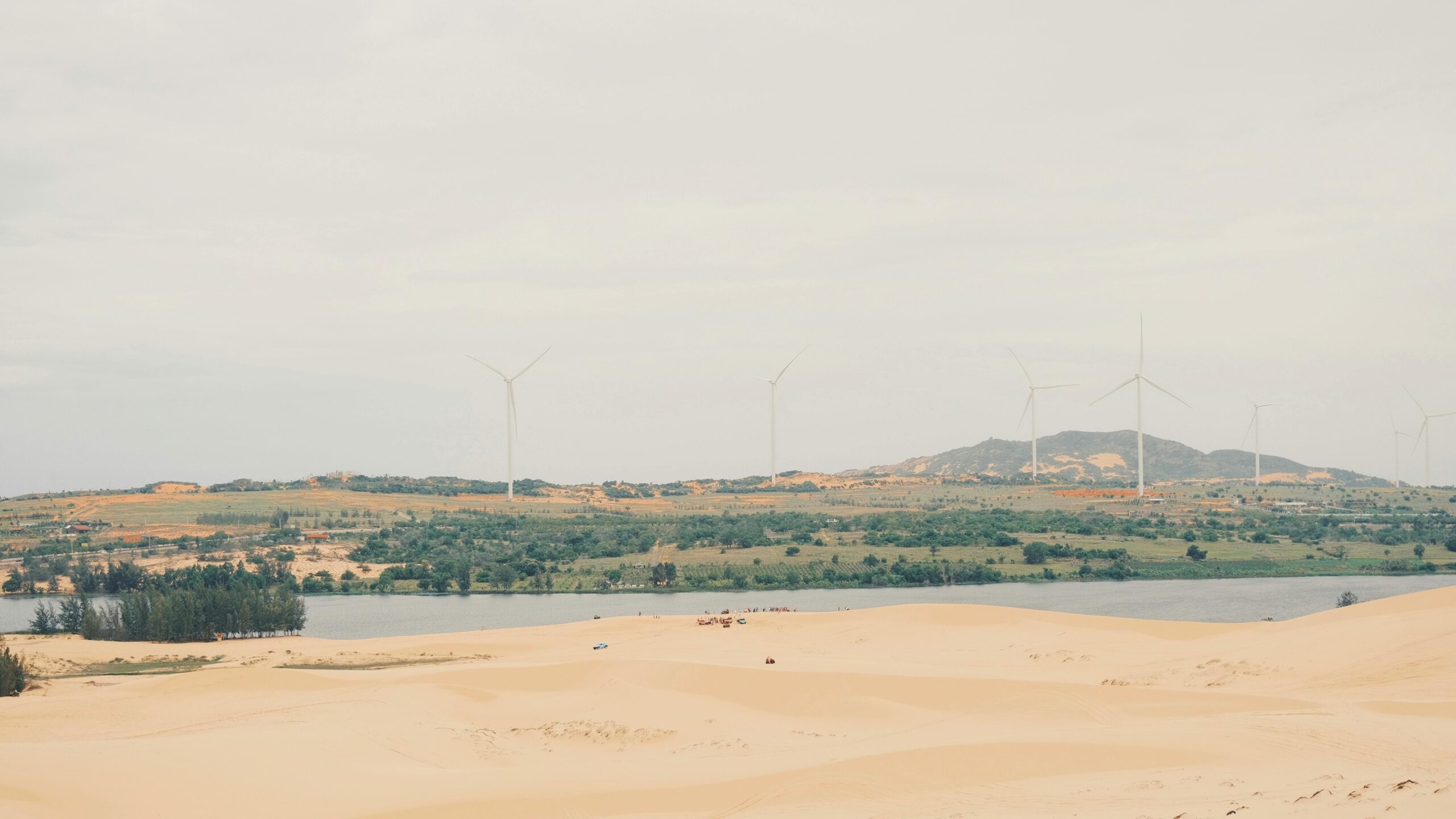
Scoping Study on Australian Engagement in Energy & Climate Change sectors in Viet Nam
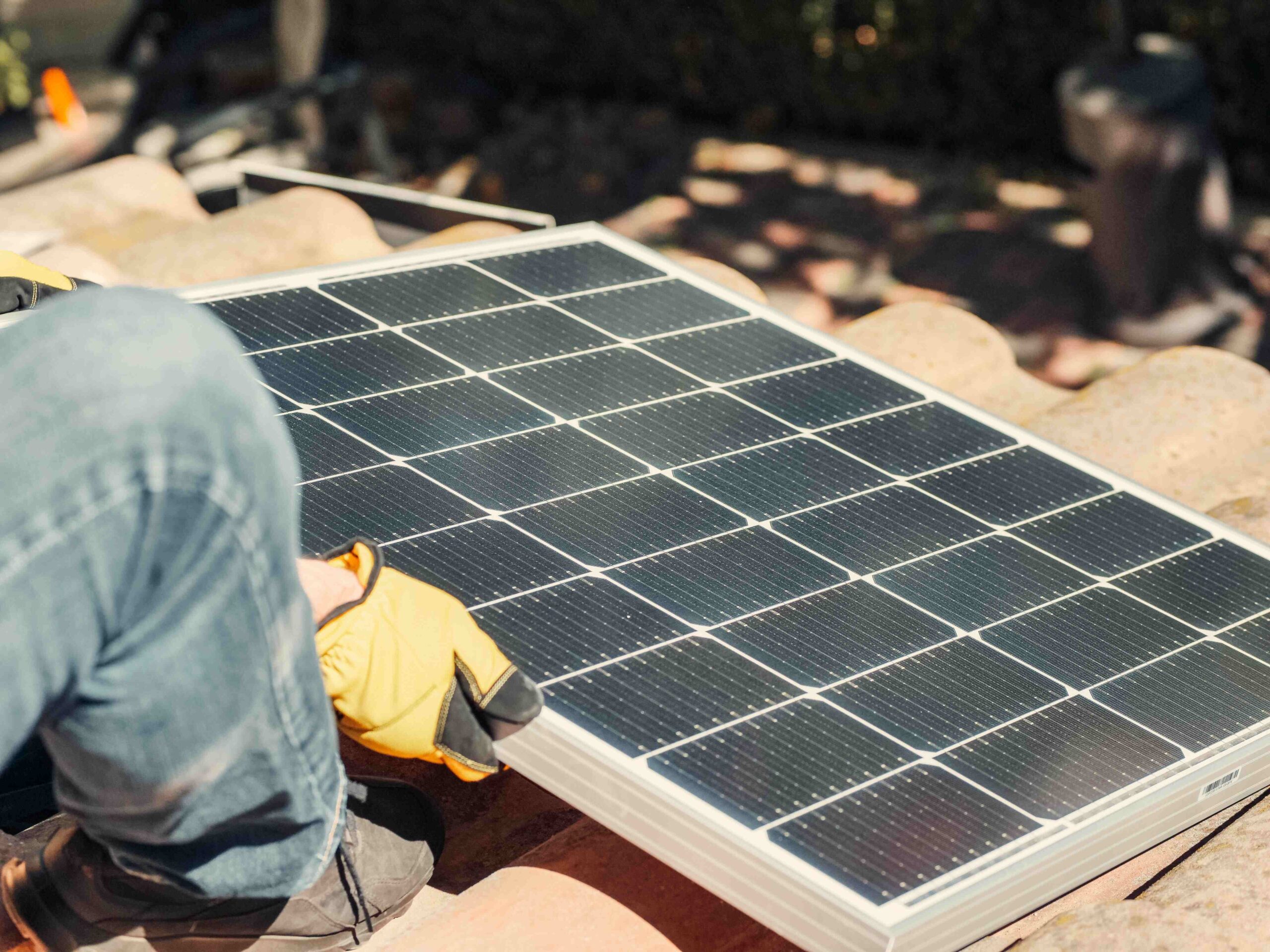
Heat-to-Cool

e-waste to e-cook
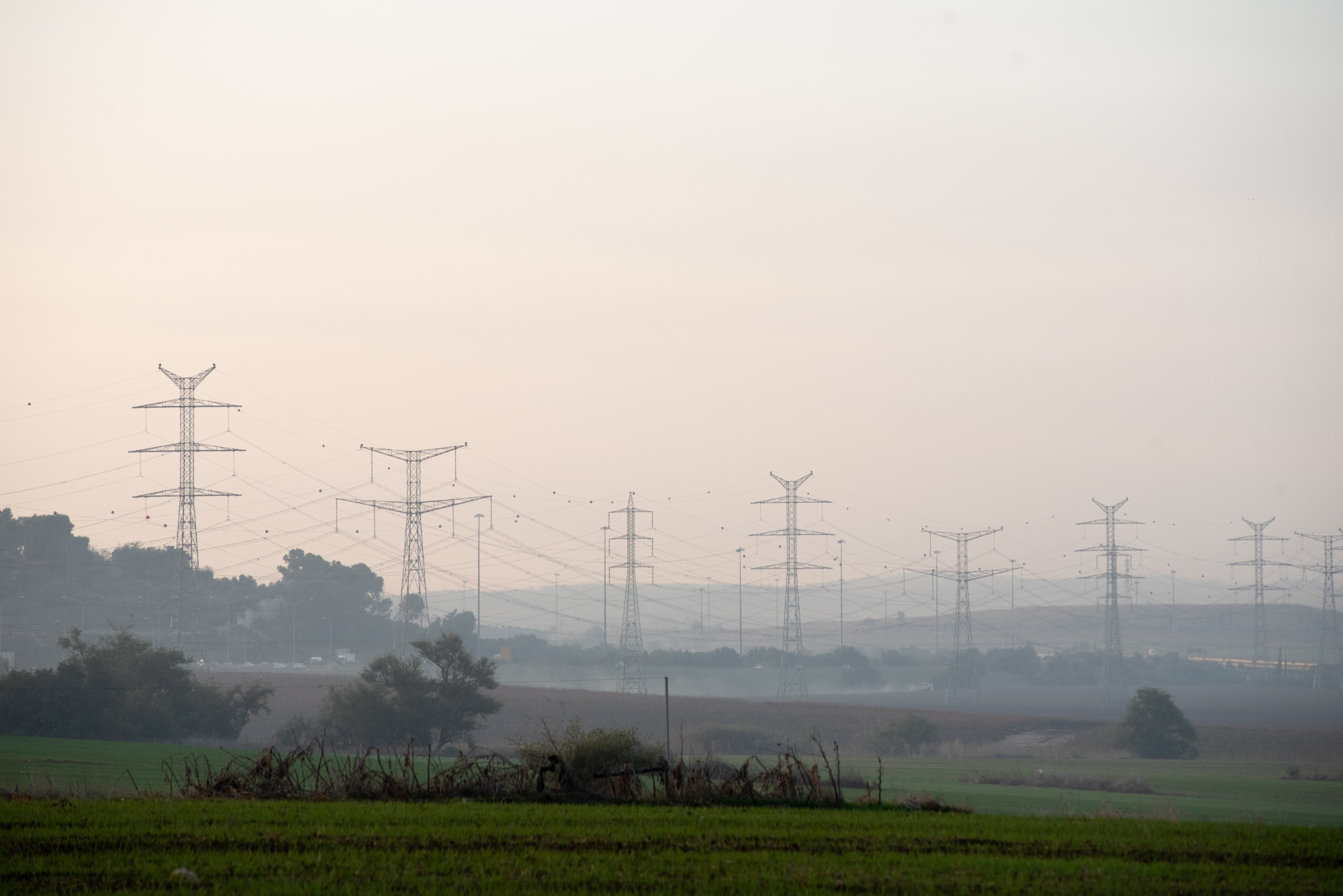
Climate Compatible Growth Scoping Study
